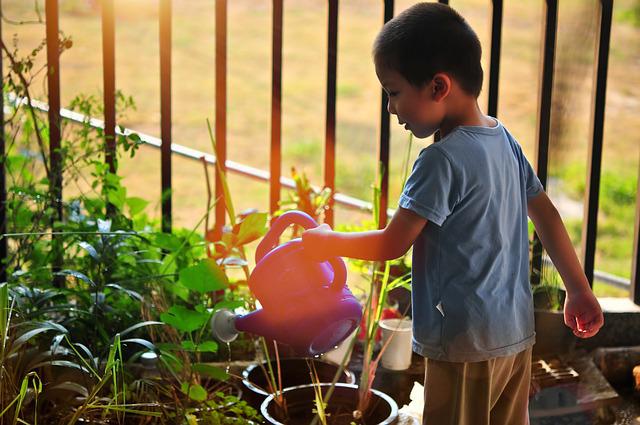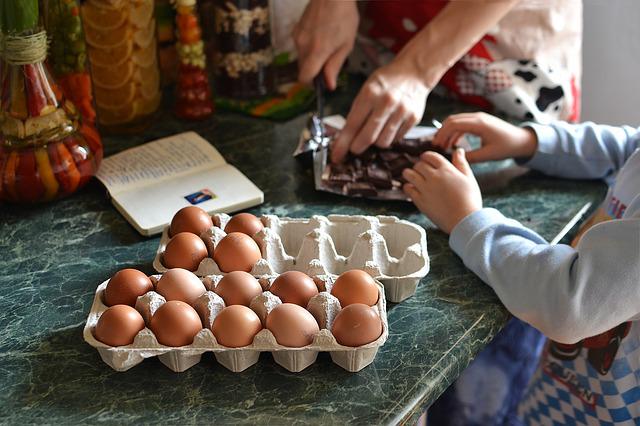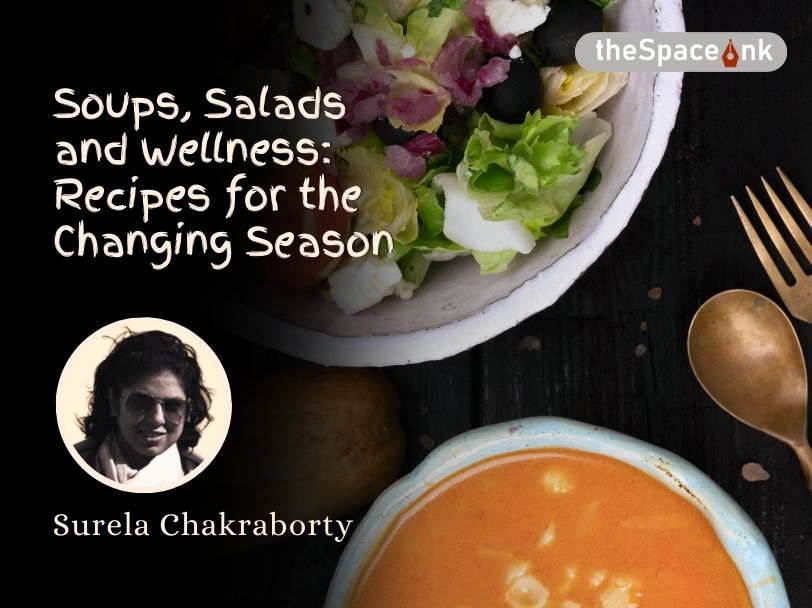In our childhood days summer holidays were tremendously fun. For one whole month we had total control over our time and activities. Naturally days began an hour or so later than the usual and stretched on with fun filled activities and endless playtime. ‘Boredom’, the word didn’t exist. There was always something exciting to try out. A new adventure awaited us around the next corner. So nowadays it baffles me when I hear children moan about vacations being boring and they can’t wait for school to reopen. I know nuclear families are the norm, and children feel lonely when parents are out at work and they miss their school friends, but I don’t understand how children can’t find interesting things to do by themselves.
There’s no denying the fact that childhood is the best time of our lives and for most of us vacations made up a good part of those happy memories that in the future would warm our heart. Today, with families cramped for time it’s understandable that there’s a plan in place even for the holidays. But one must remember the purpose of a vacation is to give children a break from the regular routine, to refresh them and rejuvenate their spirits so they return to school energized and filled with enthusiasm. Therefore fun should be the sole objective and what better way to spend time than indulging in activities children enjoy.
Children derive a lot of pleasure from being asked what they want to do, so make sure you give them this choice when considering an activity for the summer vacation. Hobbies are not only fun when chosen by children, it helps them to grow into well-rounded, confident and organized young adults that will benefit them in all spheres of life, including academically. When children engage in their passion, they develop talents that they themselves are sometimes unaware of. Knowing their talents also comes very handy when they’re on the cusp of choosing a future career path.
There are an array of hobbies that children can choose from ranging from the artsy and creative, to nature-related and performance based. And with every interest now having their own designated community on social media platforms where anyone is free to join, even solo activities like reading, gardening, photography and cooking can open up opportunities to interact with like minded children. This gives them a chance to broaden their social circle and grow with others who share and care about things they are passionate about. Plus feedback and exposure gives a feeling of accomplishment which boosts their confidence.

Thanks to child environmental activists Greta Thunberg and many others like her, today children are not only aware of environmental issues, they also care deeply. So as concerns about chemicals and pesticides in food products and growing climate crisis push us towards adopting a more sustainable lifestyle, use this vacation to build on this sentiment and introduce children to organic farming. You can start with a small kitchen garden, but if that space isn’t available, there’s also scope to grow vegetables, herbs and fruit in containers in apartment balconies and upon terraces. This activity also lends itself to starting a conversation with your child on the environment, on how to minimize food wastage and can be backed up with reading material that helps to answer the barrage of questions that are bound to follow. It’s a great chance to provide them basic, elementary knowledge about farming and nutrition. Apart from the satisfaction of growing their own food, this activity gives children firsthand experience of how painstaking food production is and they will begin to appreciate the farmers efforts and all forms of physical labour.
Another form of work, albeit that is beneficial to children, is doing household chores. Researchers from a Harvard study found children who had regular chores grew up to be more independent later in life and attributed this to the competitiveness and sense of accomplishment these children felt from helping out at home. But let’s face it, household work is drudgery. So don’t grudge children for the lack of enthusiasm when asked to clean their room or weed the garden. Instead, help children understand that chores are necessary for the smoother functioning of the household and the burden needs to be shared and no matter how little they are, they can always contribute.

So while you assign an age-appropriate chore to your child, make sure to make it fun. For smaller children you can hide treats which they discover as they go about the chore like tiding up their cupboard, bookshelf or study table. Nothing fires a child up like competing with a sibling so when you have more than one child at home, make them race against one another with the winner getting a reward. It’s also acceptable to lure children with products that will make them want to clean, dust, cook and tend to the garden. Colourful mops and dusters make dusting and cleaning more fun just as bright gardening tools make children want to join you in the garden as you trim plants and tidy the lawn.
Holidays also mean a steady stream of visitors dropping by. Children have always enjoyed playing with cooking sets so why not get them a real, but child-friendly cooking kit or a baking set designed for little chefs and let them cook a special dish, bake a tea-time treat or make traditional savouries for the guests. If they’re too small to cook independently, give them prep duties like sorting or listing ingredients, washing and cleaning vegetables or planning the menu and making the shopping list. Get them used to helping out and maintain doing regular chores even after vacations.
And lastly, make sure you do something to make your child’s holiday special. Children love surprises so keep it a secret and make their holiday a memorable one so they look forward to the next vacation with as much enthusiasm as you did when you were their age.
Images courtesy: Pixabay
Lesley D. Biswas is a freelance writer and children’s author based in Kolkata. Her interests include nature, bird photography and cricket.







